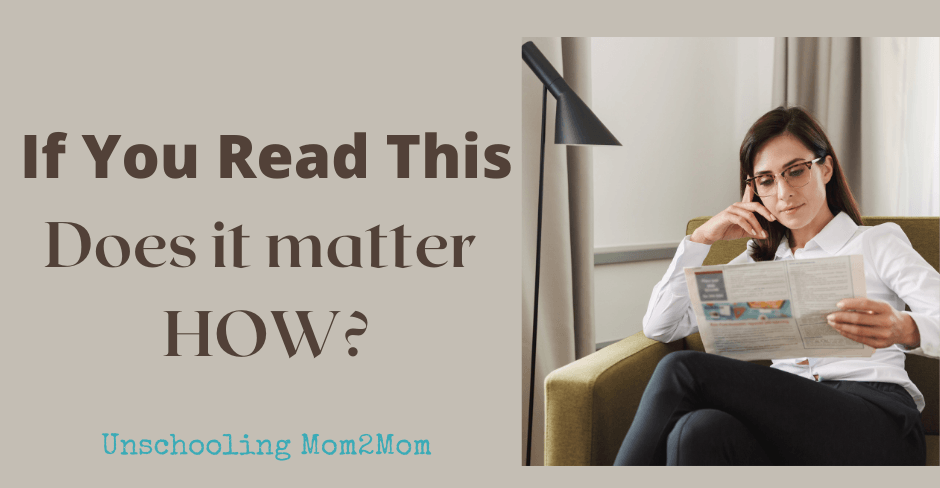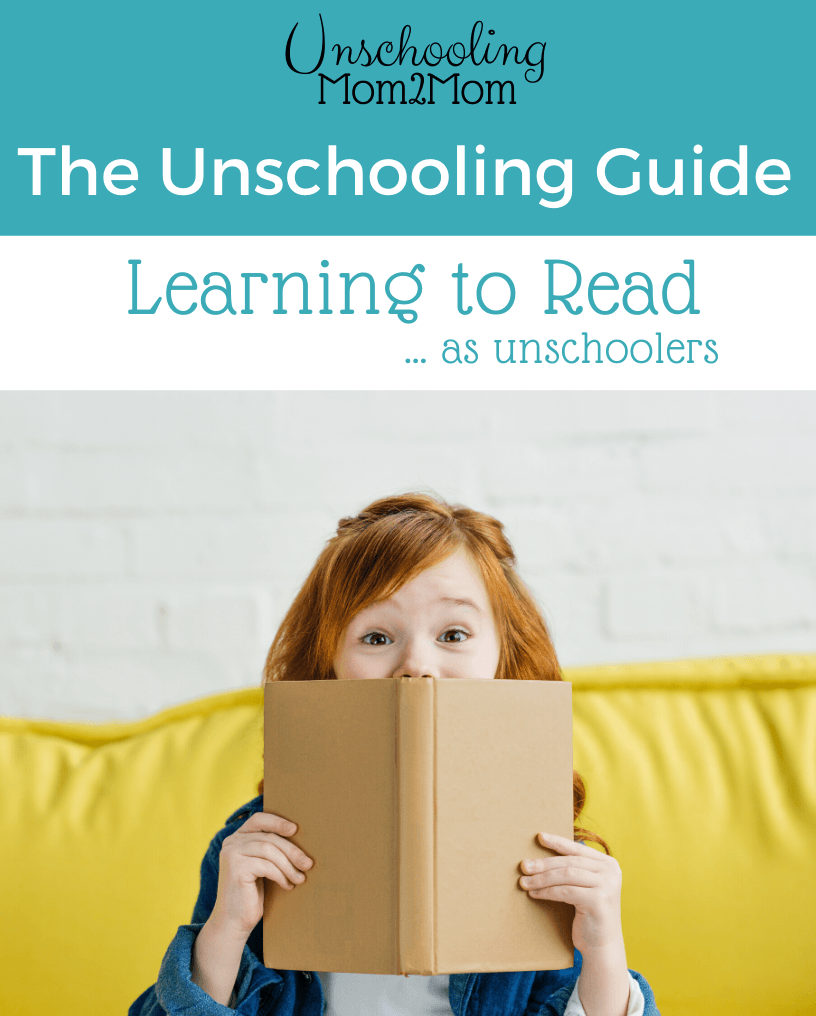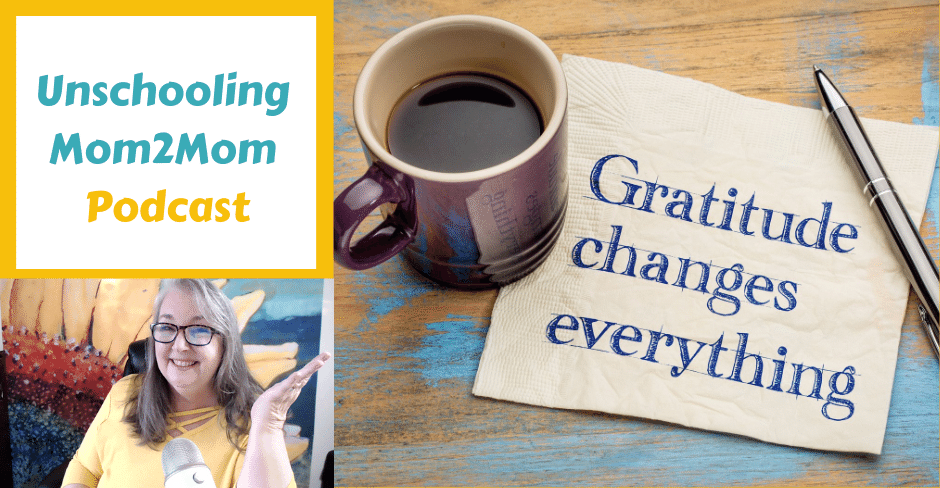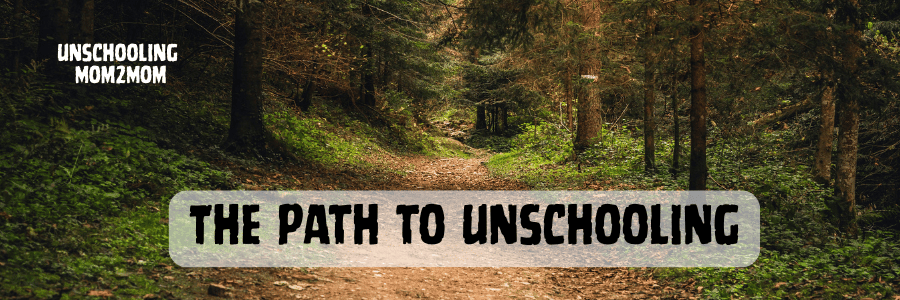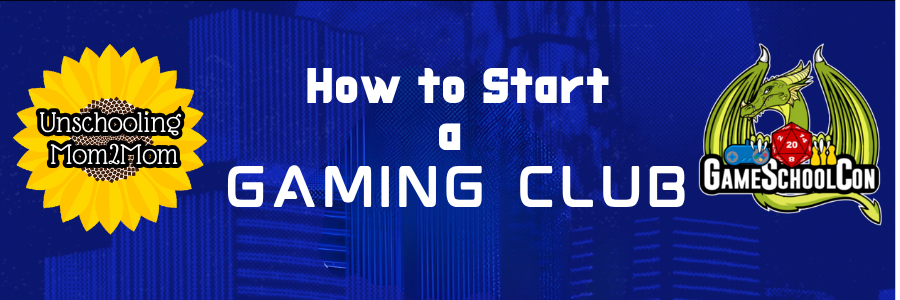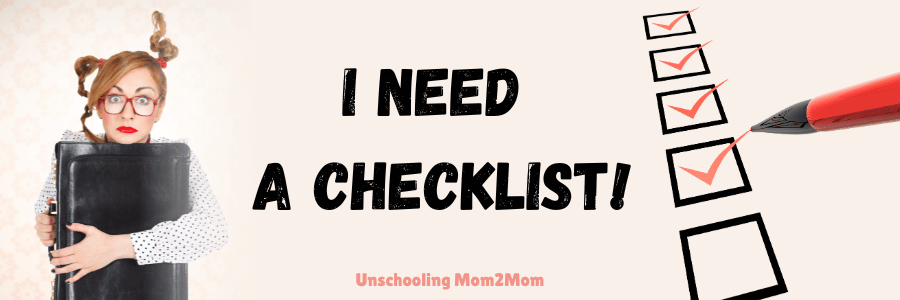If You Read This, Does It Matter How?
Guest Blogger, JJ Ross, Ed.D., originally wrote this article in 2014 for a collection of articles on the topic of reading in the Homeschooler Post. Unschooling Mom2Mom is happy to be able to share her work here.
Pew Research surveys consistently show a declining number of American adults who have read a book in the past year; there is scientific research showing that we have different neurological responses to reading on a screen versus reading on paper.
The fact that reading has recently become such a popular subject for scientific research — a study in Science last year showing that reading literary fiction makes people more insightful and empathetic, a study in Neurology last year showing that reading helped elderly people avoid memory loss — tells me how anxious we are about its benefits and how much we fear its endangerment, as if by losing it we might lose ourselves.
(San Francisco Chronicle "Learning how to read again, this time slowly" by Caille Millner, Sept 19, 2014)
If you are reading this, you must have learned to read. But do you know how are you reading it, exactly? What method do you use, if you have any idea, and do you remember how you first learned to use that technique, and whether someone actively "taught" it to you?
How much do you really remember about how you learned to read, and how much do you think any of that matters now, to how you are reading this?
Now hold that thought.
"Noah Webster believed in phonics, Horace Mann in the word method. In the late 1920s, as progressive education became an influential movement, schools began to switch from phonics to whole-word reading instruction. The much-lampooned mid-twentieth-century Dick and Jane readers, and also Dr. Seuss's The Cat in the Hat are based on whole-word theory.... Rudolf Flesch's scorching 1955 best seller Why Johnny Can't Read turned the pendulum back toward phonics in the 1960s. By the 1980s, the glory decade for whole-language, the pendulum had swung again.
"The founders of whole-language... see themselves as champions of teachers who are up against a hostile world. They present whole-language instruction as a joyful, humanistic, intellectually challenging alternative to deadening phoneme drills -- one that turns the classroom from a factory floor into a nurturing environment in which children naturally blossom. Phonics instructors heatedly dispute the idea that learning phonemes is dull.
"The whole-language camp is hostile to the idea that scores on standardized tests of reading skills are the best way to measure quality of education. Frank Smith presents tests as commercial America's means for turning teachers into spirit-crushing personnel trainers (and ultimately replacing them with computers..."
("The Reading Wars"
by Nicholas Lemann,
The Atlantic magazine, Nov 1997.)
Remembering Back to Your Own Learning...
Do you remember learning to read by phonics or the word method or whole language, or any particular way at all? If not, do you think your children will remember learning to read, long after they have learned? I did a (completely unscientific) study in my own household this week and asked each of my homeschooled children, my schooled husband and my schooled visiting best friend , if they remembered how they learned to read.
None of them could recall being taught to read using any particular method, how they learned to read or indeed, learning to read at all.
Neither can I.
It tempts me to think that how someone learns and how someone reads isn't as important as THAT you learn and THAT you read.
To Kill a Mockingbird
Ever read To Kill a Mockingbird by southern recluse Harper Lee? It was my firstborn's first favorite chapter book that she read by herself, when she was not much older than protagonist Scout in the story.
My daughter had learned to read with no instruction, early and at home, which explains why the scene in which young Scout almost accidentally learns to read well at home by watching her father with his daily newspaper - thereby annoying her first grade teacher who insisted that children must be taught to read at school by the professionals using the proper methods and not at home, gasp! - made her laugh, and made her love the book as her own special story.
"Now you tell your father not to teach you anymore. It's best to begin reading with a
fresh mind. You tell him I'll take over from here and try to undo the damage-"
"Ma'am?"
"Your father does not know how to teach. You can have a seat now."
I mumbled that I was sorry and retired meditating upon my crime. I never deliberately learned to read, but somehow I had been wallowing illicitly in the daily papers. In the long hours of church- was it then I learned? I could not remember not being able to read hymns. Now that I was compelled to think about it, reading was something that just came to me, as learning to fasten the seat of my union suit without looking around, or achieving two bows from a snarl of shoelaces....
Until I feared I would lose it, I never loved to read. One does not love breathing.
Spark Notes calls this "sharp social commentary on the theme of children and education" and in its analysis of Lee's classic, describes Scout as "victimized by her teacher’s inexperience":
Miss Caroline cannot accept that Scout already knows how to read and write, because it confounds the teaching formula that she has been taught to implement... To Scout, this method is dull; to the reader, it exemplifies how well-meaning but rigid thinking can fail.
But had young Scout lived in our real world, would it someday come to matter to her as a college student or a stressed teacher or office manager, perhaps, if she found herself not sufficiently disciplined in her reading and needing to learn a reading method that would help her read faster and retain more of what she read?
Who needs to feel more shame about what they’re not doing right?
Who needs yet another reason to feel inadequate?
Grown-up and time-pressured Scout could learn to read again, perhaps by speed-reading? But what if maximizing productivity and efficiency isn't all our hypothetical grown-up Scout wants from reading? Suppose it turns out she doesn't have the need for speed and hopes instead to slow down her way of reading?
Author Carl Honoré writes in his book In Praise of Slowness about learning to do everything, including reading, more slowly rather than ever-faster:
"Does it really make sense to speed-read Proust? ... Even in the era of the one-minute bedtime story, there is an alternative to doing everything faster." (pg.36)
This Unschooling Guide WILL Help You!
If you're worried about how your child is going to learn how to read without curriculum, this full color 20-page mini-magazine is what you're looking for:
- Learn about how to create a literate environment within your home.
- Conquer your own fears about how unschooling can work with reading
- Read the most cutting edge research about how kids actually learn how to read
- Discover SO MANY practical tips to make learning how to read a smooth process for your child
Inspiration Tips Guidance
Now back to my original question.
If you are reading this, does it matter how?
"When we rush, we skim the surface and fail to make real connections with the world or other people...
All the things that bind us together and make life worth living -- community, family, friendship -- thrive on the one thing we never have enough of: time." (pg. 9)
Since In Praise of Slowness was published about a decade ago, Honoré has published books including one in 2009 focused on what we might call "slow parenting" and most recently, The Slow Fix , about which reviewer Andrea Gordon in the Toronto Star wrote:
"The ethos of the quick and shallow fix is everywhere, he says, seducing governments, short-sellers on Wall Street, businesses, school boards...Our turbocharged society demands it. Our primitive brain is wired to deliver it.
"But the answer to modern society’s complex challenges, he argues, requires a whole new way of thinking — a holistic, creative and broad-based approach that gets beneath the symptom, addresses the roots and changes the culture that led to it."
As the author himself puts it,
"People are feeling their children are racing through their childhood rather than living it, and they’re not really learning."
_______________________________________
JJ Ross, Ed.D., connects everything to everything else. She spent half of her six decades in public schooling, the other at home with the kids, and the main thing she has learned in all that time is that the ones who need to be learning new stuff every day aren't so much the kids in school - it's the rest of us. Her blog: Cocking a Snook.


